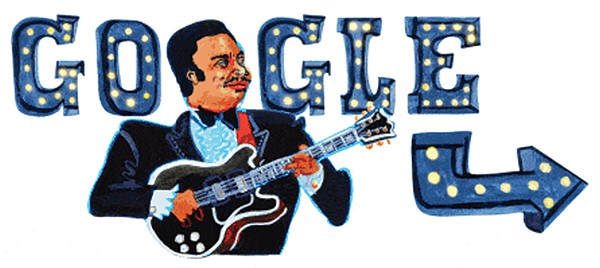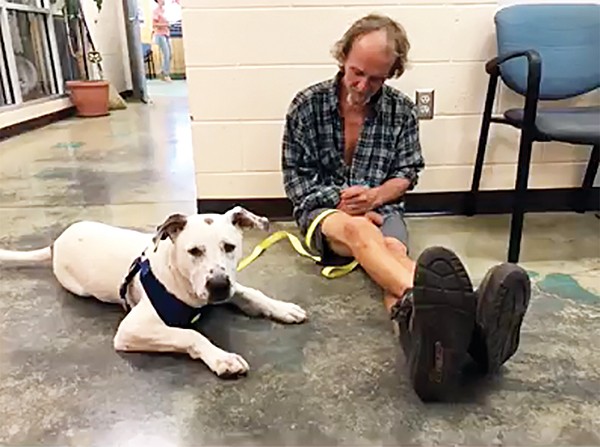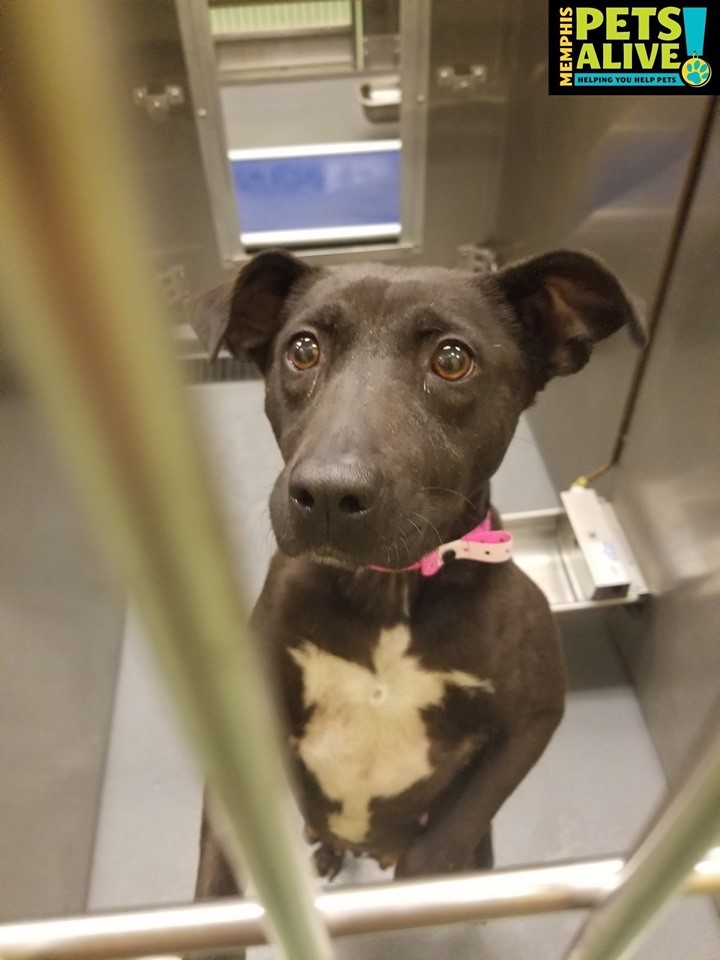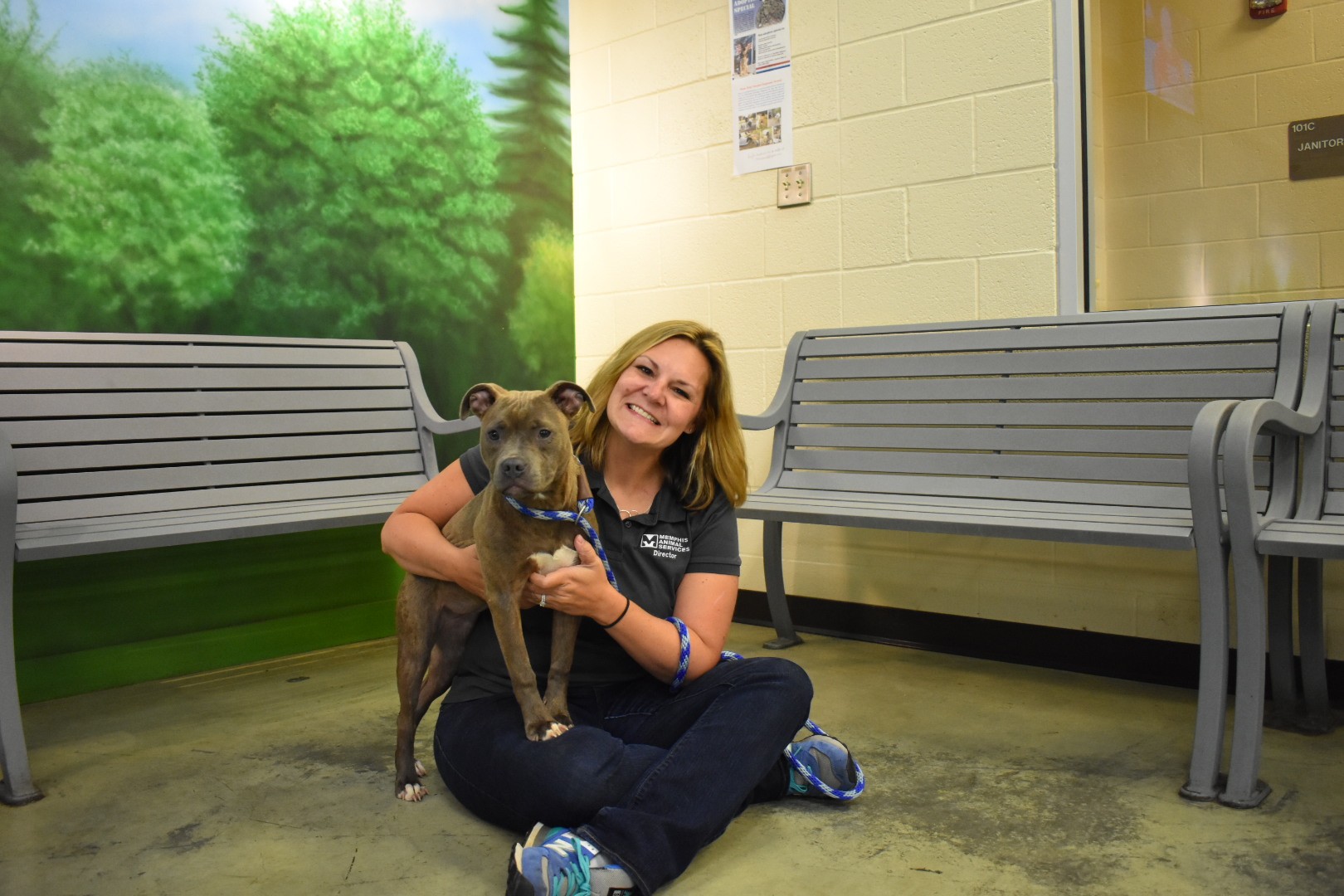
Memphis Animal Services (MAS) increased its save rate by 70 percent from 2010 to 2019, going from 19 percent to 89 percent.
Alexis Pugh, executive director of MAS, said the goal and national threshold is a 90-percent save rate. Though the shelter has nearly reached this number, Pugh said the ultimate goal is to have zero animals euthanized because of space. A key to that is to keep animals out of the shelter and in loving homes, Pugh said.
Memphis Flyer: To what does MAS attribute its increased save rate?
Alexis Pugh: When you have something as complex as animal welfare, there are a lot of moving parts that work together to achieve something. I certainly think social media has played a huge role. Most people nowadays find and adopt pets using social media and the internet. It’s just brought a lot of awareness to what’s happening at the shelter, and that’s critical for people to rescue animals from here.
MF: What else has helped increase the save rate?
AP: When Mayor [Jim] Strickland became mayor in 2016, he decided to really dig into what the challenges are here and provide the needed support and resources. He not only put his money where his mouth is, but also put the people, support, and leadership where his mouth was.
The mayor has also been extremely supportive about making progressive shelter changes. There are some programs that we’ve put in place that not every mayor would be willing to do. For example, the owner-surrender-prevention program, which manages our intake, because we’ve got to keep pets out of the shelter and keep them with owners.
It’s programs like these that have allowed us to achieve what we’re achieving, even with the intake rate going up. We took in more than 11,000 animals in 2019. The last time we took in that many animals was 2014. Our save rate was 40 percent then. This is a really impactful statistic.
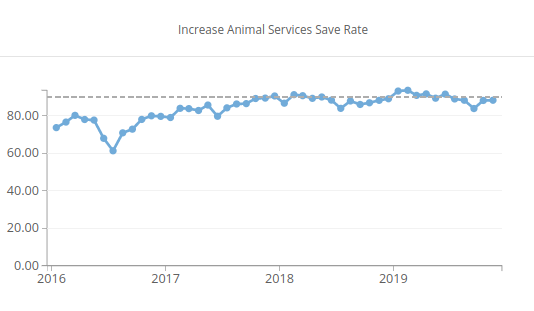 City of Memphis
City of Memphis
MF: What are some remaining challenges at MAS?
AP: The last at-risk category we have is large-breed dogs. A lot of that comes down to [what kind of animal] the public is interested in adopting. I don’t think that it comes as a surprise that when we have small-breed dogs, there are lines of people waiting to get those pets. Unfortunately, the interest is less for large dogs, especially for dogs who have some pitbull-like appearance.
Pitbulls are the most-bred dog in the United States and here in the community, but they have a bad stereotype and reputation, which is reinforced by certain insurance companies or leasing offices. So this cuts out a segment of potential adopters because they can’t have these types of dogs where they live. Pitbulls are the No. 1 type of dog in here, and these poor guys are being set up for failure.
We need to overcome prejudices against pitbulls and other breeds. This needs to happen not just on an individual level, but with our leasing companies and insurance companies too. What other way could these companies discriminate based solely on someone’s appearance? There would be lawsuits all day if a leasing company said we don’t rent to black people or Jewish people. That’s just not something that we accept anymore for people, so why should we accept that for animals? Just because an animal looks a certain way, it doesn’t mean they behave a certain way and it doesn’t mean they should be prohibited from living with a quality pet owner.
MF: Are there any challenges specific to Memphis?
AP: One challenge, certainly when we talk about keeping pets in homes, is that a significant portion of our community lives in poverty. Some pet owners have to choose whether to put food on the table for their families or get their dog spayed. That’s not a choice that anyone should make. So we have to get those barriers out of the way for our low-income pet owners.
Just because you have a low income or are living in poverty, it doesn’t mean you can’t be a good pet owner and it definitely doesn’t mean that you don’t deserve the joy of a pet in your home. I challenge the notion that someone with a low income can’t possibly provide a good, quality home for a pet. Our job shouldn’t be to say ‘you don’t have enough money to feed yourself or your kids so you can’t have a pet.’ Our job should be to say ‘you don’t have enough money to feed yourself or kids, so you focus on that. Let us focus on your pet.’
So, it’s about changing the prejudices that often go into what makes a good pet owner. Because every neighbor and every family deserves to have the joy of pet ownership provided they love the pet and provide it with those basic resources even if that takes help from the outside.
[pullquote-1]
MF: What are the goals for the next decade?
AP: In 2020, we’re really focusing our efforts on community outreach and providing better resources for those high-intake ZIP codes, like quality housing for pets or behavior counseling. Or, if you have a hole in your fence and your dog gets out, how can we help with that? Our focus this next decade is to say that not every animal needs to walk through our front door at the shelter. We need to be where animals go when there is no alternative.
So we try to look at what the next progressive step is.
We’re at 90 percent [save rate] and that’s great, but our work isn’t done. We’re not going to rest even though we’re working our butts off, we’re saving more lives, and our adoption and rescue transfers are up almost 20 percent versus last year. So we’re doing more work and we’re working harder, but we’re not done working harder. We’re going to keep working hard every day until no animal here is at ever at risk for euthanasia because of space. And the answer to that is outside of the shelter walls.
We want to get to a point where we say euthanizing animals for space is something we used to do in Memphis, but we don’t do that anymore.
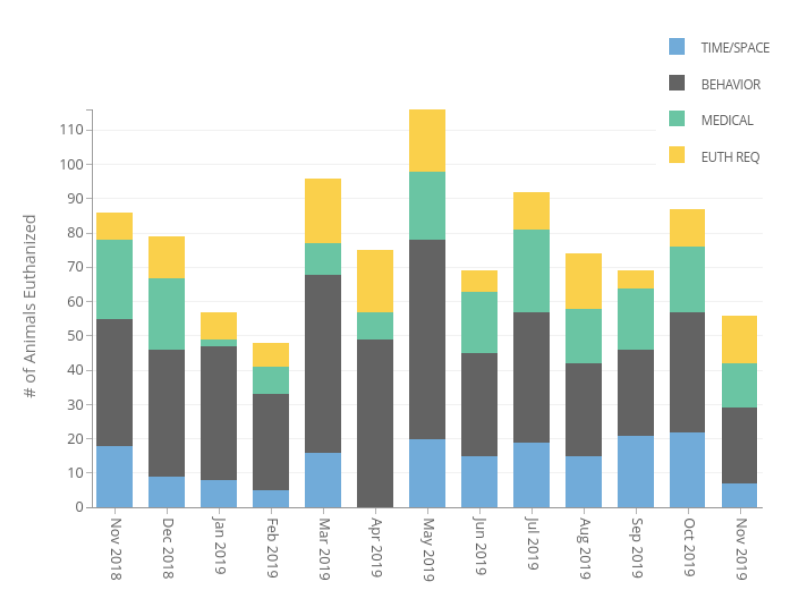 City of Memphis
City of Memphis
MF: How will MAS do that?
AP: Well, we recently got a large donation from an anonymous individual who wants money to go specifically toward helping members of the community become successful pet owners. We’ll look at how we can put more emphasis on pets staying in loving homes. And if they do end up here, how can we get them from sitting in a kennel in a shelter, the least desirable place for any pet? Dogs are social creatures. They don’t like being in a kennel, and it’s not fair to them.
One way we’ve already begun to do that is expanding our foster program so that those adult dogs who are eligible can be held in homes instead of here in the shelter. A great analogy for that is if you think back several years ago, children who didn’t have parents or who were removed from their homes were sent to orphanages. Well, at some point that industry said ‘this is not the best solution for these children. These children should be in foster homes.’ So then there was this massive movement to get children into foster homes instead of orphanages. Well, we should follow that same model in animal welfare. Do we have enough homes in this community where if people step up to foster, then maybe we don’t need all these kennels in our shelter. Then we can function as a resource to provide supplies and care, but we don’t have to be the housing mechanism for these animals.
MF: How can the community help?
AP: We have got to get people out of the habit of buying animals from breeders and pet stores. Are there reputable breeders? Absolutely. Are there communities in other parts of this country where buying pets may not be as big of an issue? Sure. But when there are still animals that are losing their lives in our shelter because they have nowhere else to go, this community needs to make adoption a priority. I want to see Memphis as a city where animals in need in our shelters and with nonprofit rescue groups are people’s first choice when adding pets to their homes, not a breeder.
We also need more people involved in volunteering and fostering. We’ve got a lot of great adopters and we’ve seen it over the holidays. But we need more foster homes. We need more people willing to step up in the short term. Volunteering, fostering, and donating are all critical ways you can be a part of the solution to animal welfare.
[pullquote-2]
MF: Anything else you want readers to know about MAS’ work?
AP: There was a period when there were some real negative stories that came out about the shelter and some of it involved the staff that works here. There was a lot of community distrust for the people that worked at Animal Services. I would just like to say, as someone who has worked alongside this group of people for more than three years now, that these are human beings that come to this job every day with no other goal in mind other than how can they save one more animal today. I mean there are staff members who take animals home and foster them or staff members that stay after their shifts to walk them just because they want to. We just go above and beyond every single day.
Finally, if you want to come here, I will personally walk you through and give you a tour. I will introduce you to the amazing people who care for these animals. I’ll show you that this is not a sad or depressing place. This is a happy place. When you walk through our kennels, you’ll meet animals who are here temporarily and are on their way to finding a home. And I want our community to come see it. I want people to see for themselves that this is a shelter and operation that you as a Memphian can be proud of.
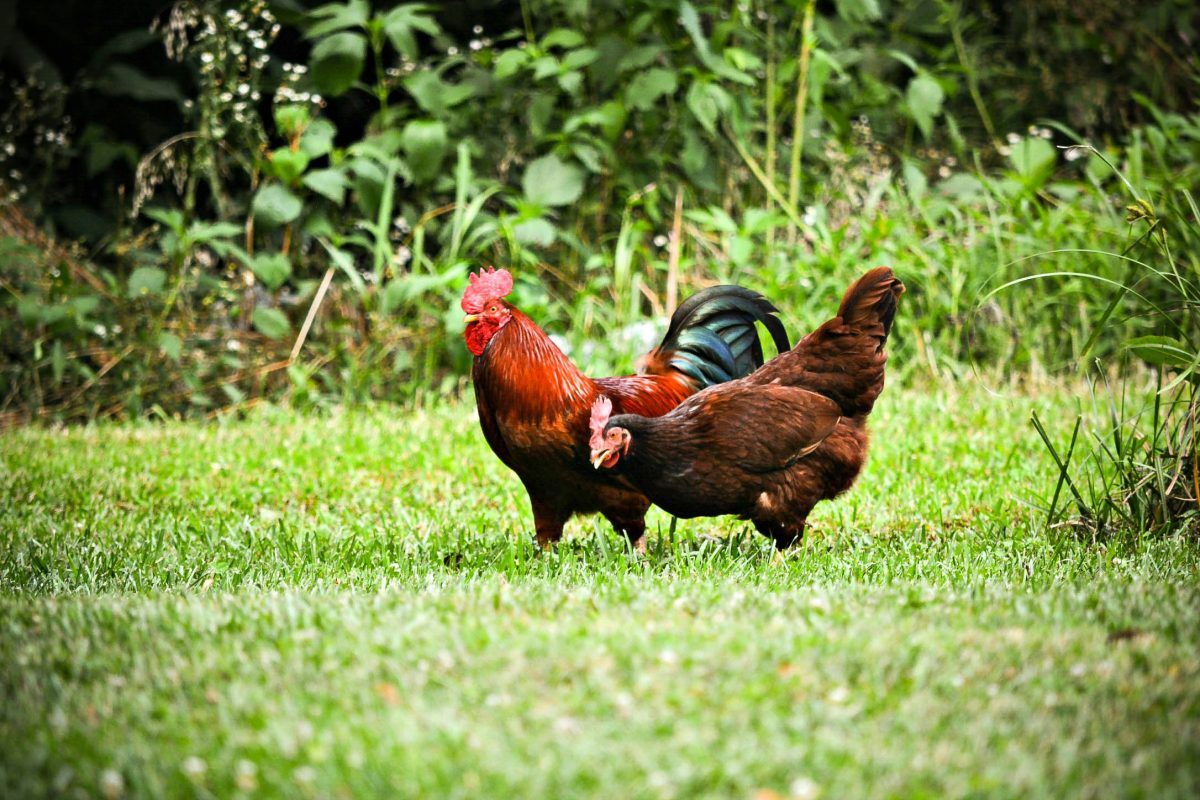
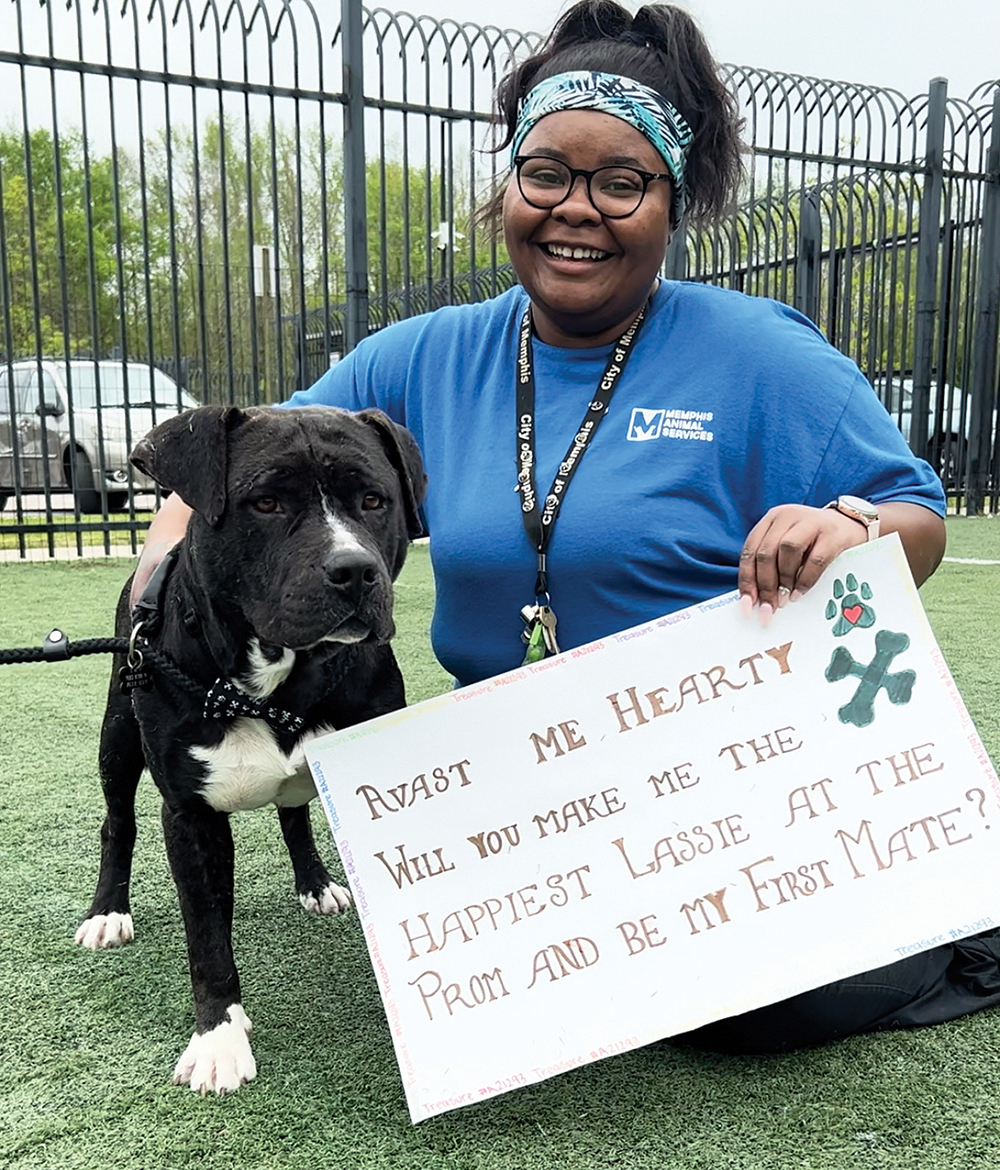

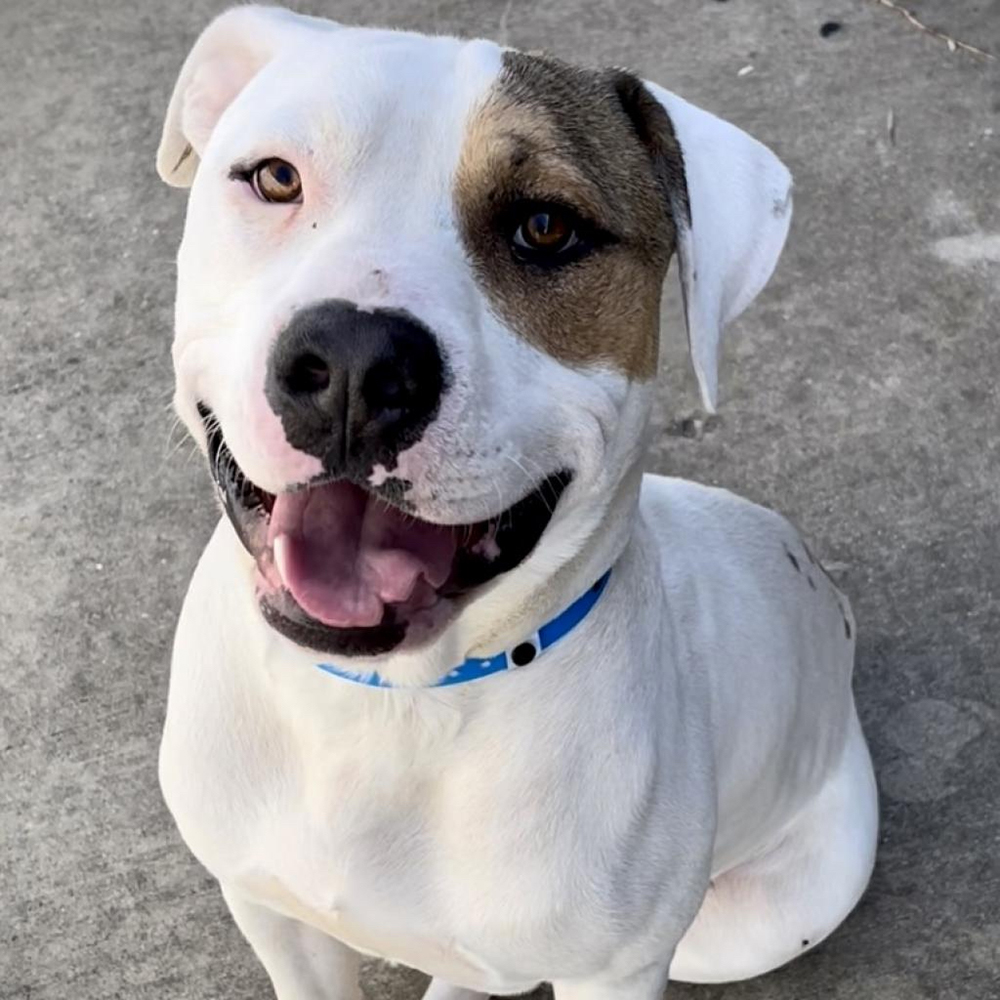
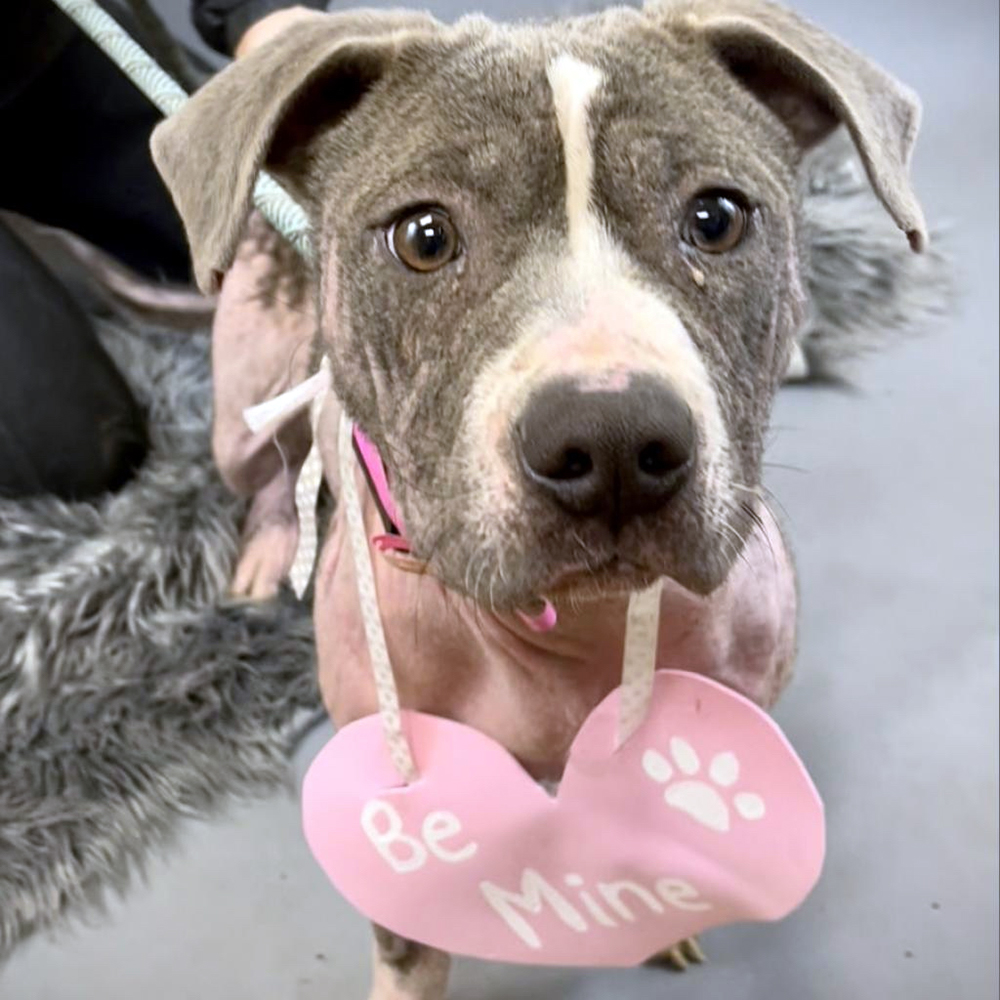
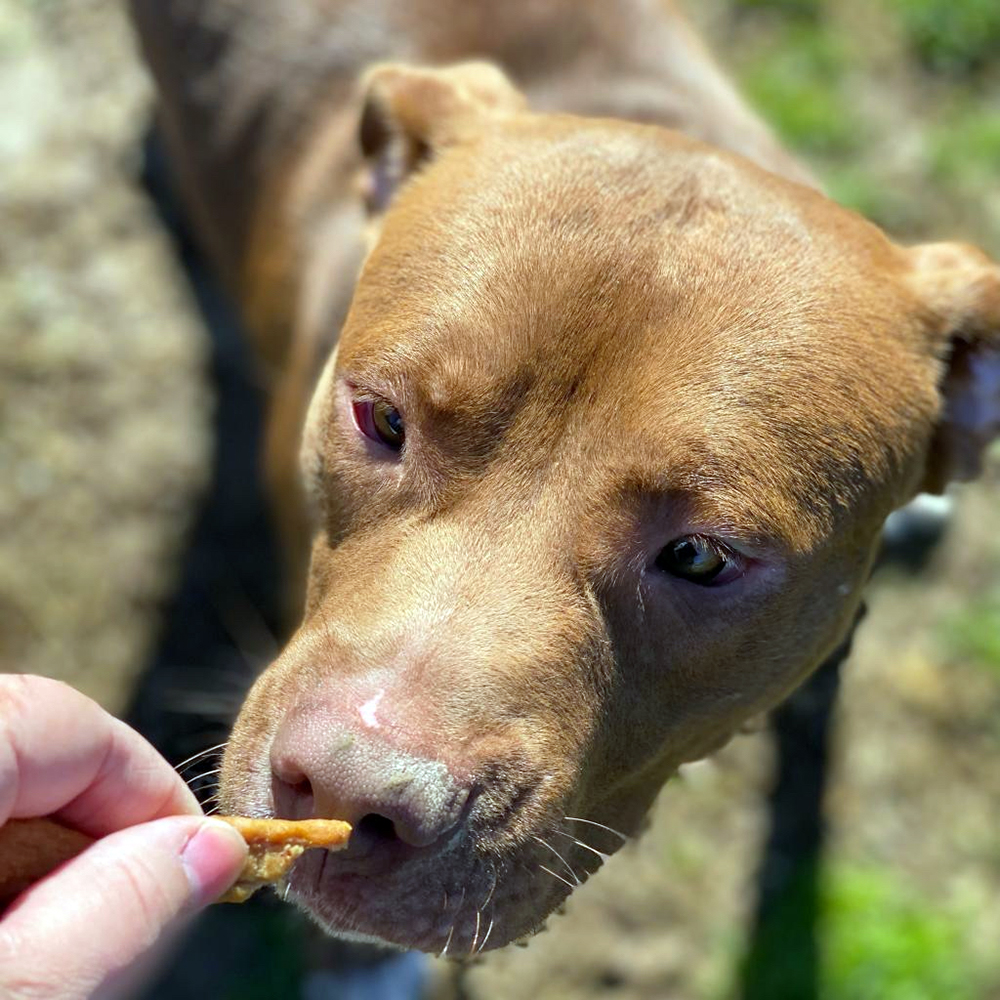

 Memphis Animal Services/Facebook
Memphis Animal Services/Facebook 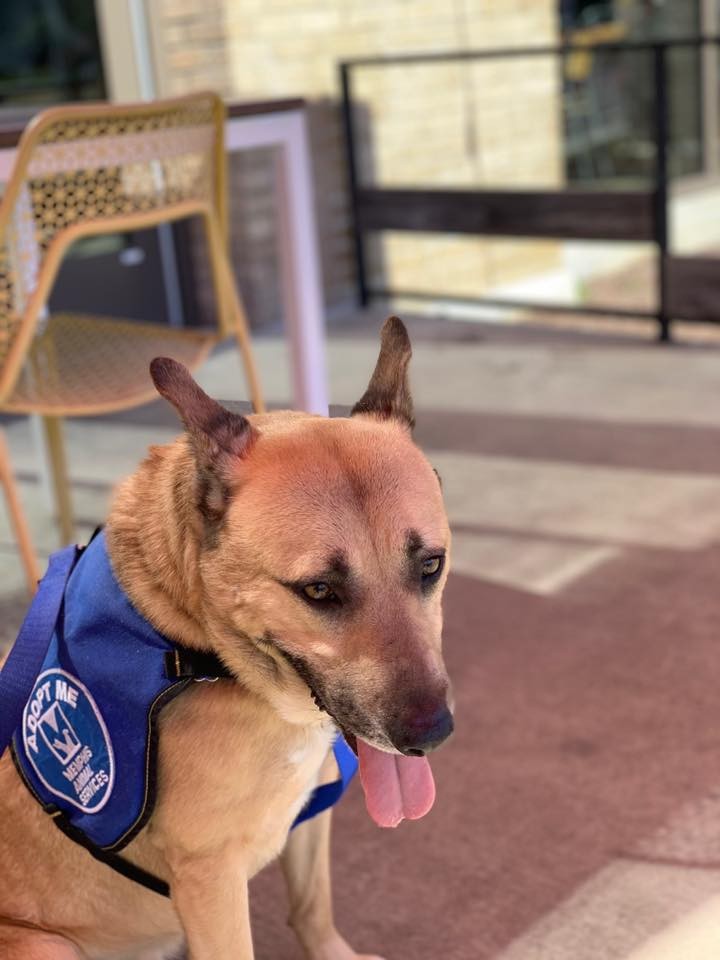 MAS
MAS 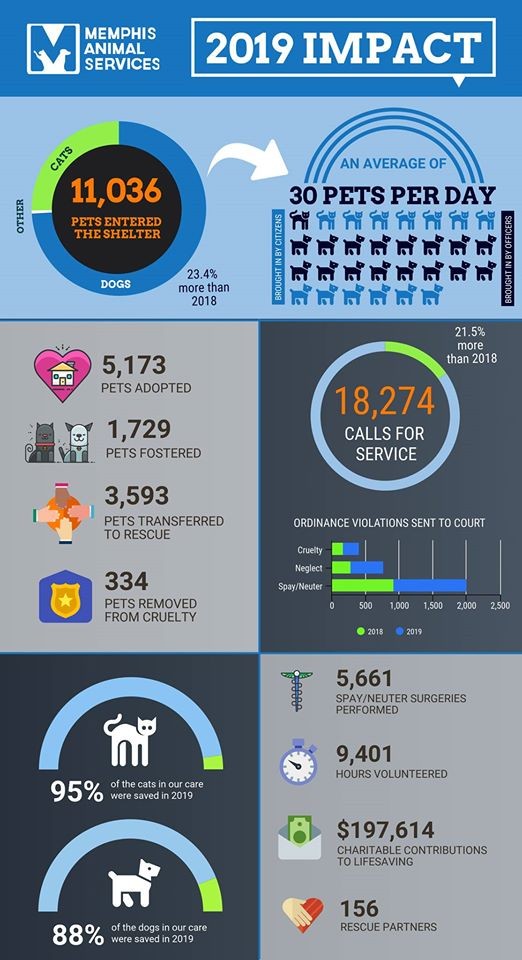 Memphis Animal Services/Facebook
Memphis Animal Services/Facebook 
 City of Memphis
City of Memphis  City of Memphis
City of Memphis 